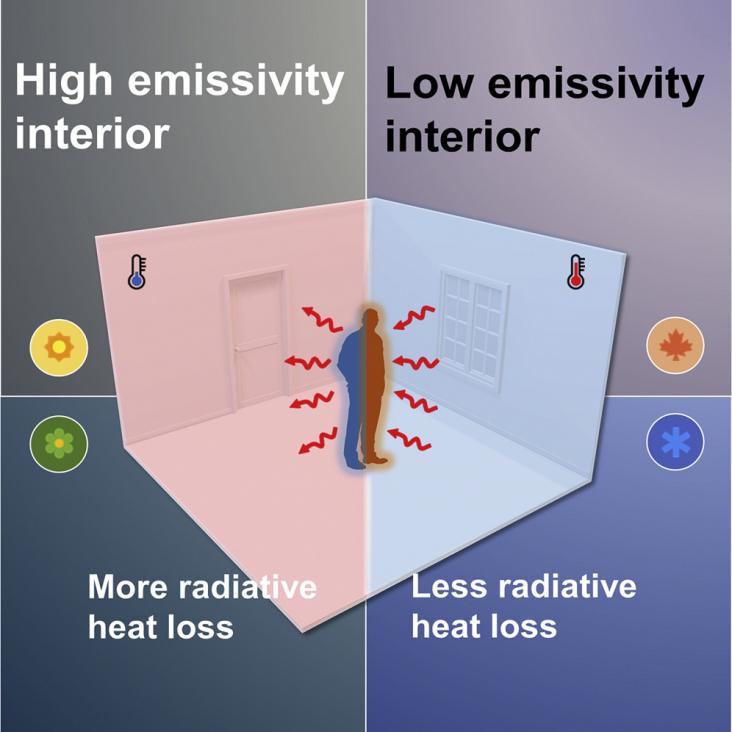Location-based social media data can offer useful insights on the spatial and temporal dynamics of public attitudes.
Addressing the severe impacts of wildfires on climate change
This Comment article supports SDG 3, 13, and 15 by calling for urgent action to keep average global temperature increases below 1·5°C, halt the destruction of nature and further biodiversity loss, and protect health.
Given their carbon emissions, pharmaceutical companies must intensify their efforts and play an active role in addressing climate change.
Heightened emphasis on transparency and accountability through corporate governance and disclosure has renewed the focus on the ‘triple bottom line’—environmental, social and economic impacts. Environmental, social and corporate governance (ESG) reporting generally measures the sustainability and ethical performance of a company. There is increasing interest in the ESG performance of companies by various stakeholders. A range of mechanisms exist to shape CSR and foment voluntary reporting by companies on their ESG performance. Adhering to one such framework heightens credibility, and a proactive approach to sustainability presents opportunities while ensuring a company’s preparedness to embrace evolving legal requirements.
Advocating for green and sustainable conferences.
An assessment of personal heat exposure measures and strategies to reduce heat risk.
Educating the leaders of tomorrow is an essential part of a sustainable future.
Elsevier,
Amita Nakarmi, Sushil Kanel, Mallikarjuna N. Nadagouda, Tito Viswanathan,
Chapter 7 - Applications of conventional and advanced technologies for phosphorus remediation from contaminated water,
Editor(s): Uma Shanker, Chaudhery Mustansar Hussain, Manviri Rani,
In Micro and Nano Technologies,
Green Functionalized Nanomaterials for Environmental Applications,
Elsevier,
2022,
Pages 181-213,
ISBN 9780128231371
This chapter contributes to SDG 6 by introducing technologies for phosphorus remediation from contaminated water.

